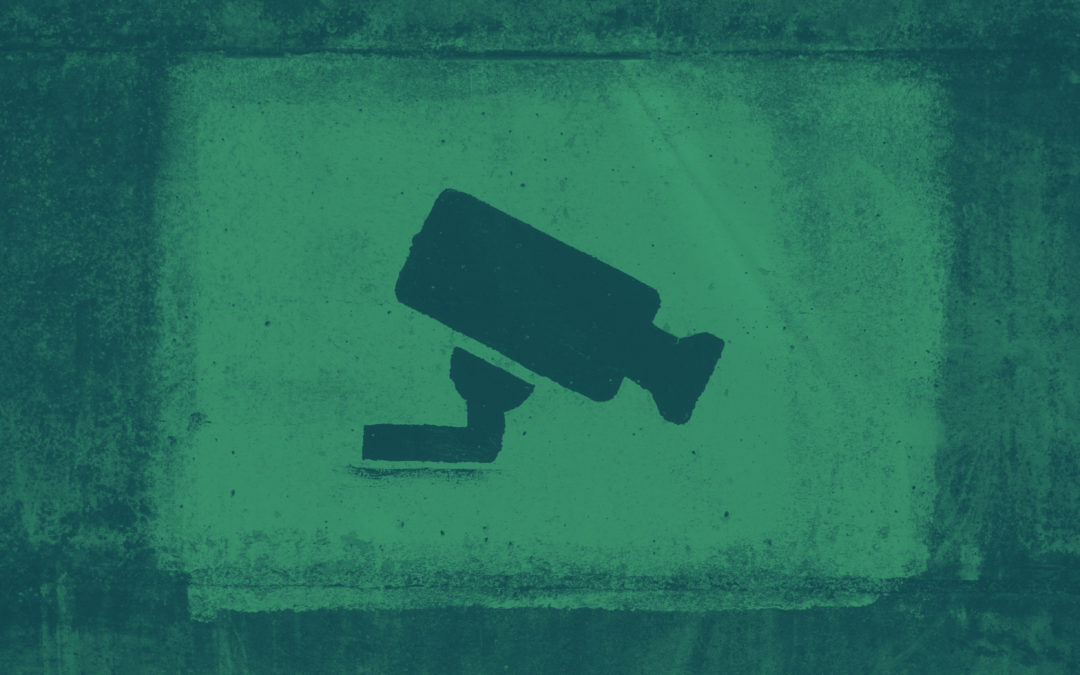Do I want to be filmed all the time while driving? What happens with the videos? Do I have to be concerned about my privacy? Those are legitimate questions that need to be addressed with full transparency. Since cameras in cars will become standard in the near future they better be addressed sooner than later. In general, most of us are skeptical towards cameras in their private space which is right and understandable. At the same time, we are becoming more and more used to having cameras around us – all of us constantly carry two cameras around with our smartphone. Nevertheless, a camera focused at your face or the whole vehicle cabin is different – it can cause a feeling of being surveilled. But do we really have to be worried? Summarized, our answer is ‘generally not’, although we would add ‘but it’s not that simple’.
Let’s unpack some aspects and ways to look at this complex yet important topic.
The European Union provides clear rules for In-Cabin Monitoring data protection
Due to the strict data protection laws, every private car owner’s privacy is safe in the EU. Car manufacturers have to make sure that neither personal nor processed data will ever leave the car. Here is what the regulation says and it’s pretty clear:

Excerpt of the Regulation (EU) 2019/2144 – “General Safety Regulation”
The US has not imposed clear rules for DMS and OMS
On June 1st, 2020 a bill was passed in the Senate (Moving Forward Act) and another one introduced in the House (SAFE Act) both requesting the investigation of DMS by the Secretary of Transportation and subsequent DMS rulemaking. So far, unsurprisingly due to the early stage, data protection has not been mentioned in any of the bills. Only time will tell how strict data protection laws for In-Cabin Monitoring in the US will be. We certainly hope that the US will follow Europe’s example of imposing strict rules around data privacy.
OEM’s take on car data: “Your car’s data belongs to you”
OEMs have always collected a lot of data from cars but mostly for vehicle analytics. Of course, certain business models benefit greatly from (in-)vehicle data but OEMs require you to opt in to have your consent to sell or share your data. We believe that OEMs will always treat their customer’s data very carefully, especially nowadays, when data protection is, rightly so, considered as a fundamental human right.
Fleets and Robo-Taxis – a different story
DMS are applied in growing numbers in fleets. Understandably so, since they prevent accidents, injuries and therefore a number of costs (missing employees, down time, repair, insurance, etc). In the case of fleets, it is also interesting to record dangerous events for training and liability reasons. But with the recording privacy concerns come into play. While those concerns are totally understandable, there have been several best practices on how to overcome the initial skepticism: Employers have to understand where the skepticism comes from, they have to work together with their drivers on guidelines on how to use driver monitoring systems and they must then use the system in a transparent way. Although it seems at first that driver safety and privacy are on the opposite side of the coin, most times a good balance can be found.
Let’s take a brief look into the future: robo taxis. While Level 5 robo taxis are still quite far away, Level 4 autonomous shuttles are already on the road. As Sam Abuelsamid from Navigant Research put it: “When you give up ownership of your vehicle, you also give up ownership of your data.” Nobody knows what data Level 5 robo taxi companies will be interested in exactly but what we can expect is that they will know our in-car behavior very well. We expect that, in a way similar to the smartphone market, data privacy in shuttles and how privacy is handled will be a key differentiator of their operators and strongly affect customer perception and market success.
CONCLUSION
Leaving Europe’s strict privacy laws aside, we believe most OEMs are aware of the importance of their customer’s privacy. Thus, we are confident that you, the car owner, don’t need to be concerned that any video streams or images will be stored in any way or leave the vehicle. On the other hand, if you don’t own the vehicle the story might play out differently. Sharing services will undoubtedly use in-cabin data to analyze their users and to improve their services and fleet operators will use in-cabin data to train their drivers. What is important is that those companies are aware of their responsibility – they need to be aware that personal data is truly personal, that protection of such data is a fundamental human right and that they need to think about responsible ways of managing the data.
Sources:
https://www.axios.com/driver-cameras-bring-privacy-concerns-873804d2-8897-468b-82f4-b3586bdfea31.html
https://smartrak.com/how-to-deal-with-privacy-concerns/

